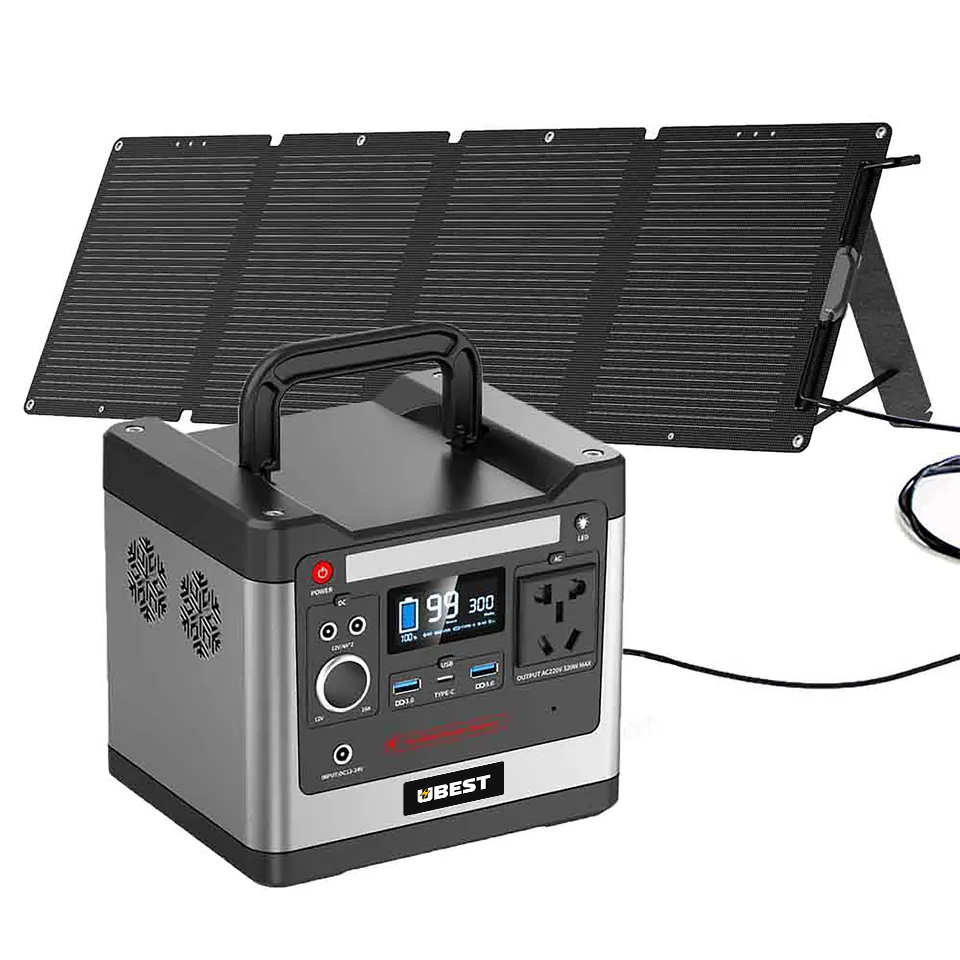Views: 200 Author: Ubest Publish Time: 2023-08-04 Origin: Site









We obviously can't sum up how to build a portable power station in one or two sentences. Making a portable generator involves several challenging steps. To explain to you how a portable power station is made, I will then briefly outline the straightforward construction process.
I'm happy to share my knowledge of mobile power manufacturing, research and development, materials, selection, and other topics as a senior manufacturer. We hope you will follow us and show interest in us.
Before anything else, it's important to comprehend the structure of the DIY private power station. In the earlier article, we went into great detail about it. We can begin our steps once we are familiar with the structure.
If you like to work with your hands, get ready with tools like a multimeter, connecting cables, screws, cable ties, and additional supplies. The items listed below are necessities for a mobile power station.
1x LiFePO4 battery pack
1x Smart BMS
1x inverter
1x USB output control board
1x assembled case
1x output socket
1x cooling fan
The built-in, discharge rate, and capacity of the battery are important considerations when buying one. To create 3 series and 5 parallel battery packs using a battery spot welding machine, it is advisable to utilize the same batch of batteries from the same manufacturer. Consider selecting a protective plate.
To test the normal function, load capacity, and protective function, connect the purchased inverter to the USB control board. If you have quality issues, please contact the retailer as soon as possible. The manufacturer can also provide you with the test settings if you need technical parameter information.
Try to select materials that are non-conductive and fireproof when assembling the mobile power station. The shell is built of an aluminum alloy, and we employ V0 fireproof PC material. It is simpler to attach and isolate the battery pack and inverter, offering safety protection. Select terminal blocks to prevent safety mishaps and exposed wires.
Assembly steps:
Install the cooling fan
Install the battery pack
Install the inverter
A self-made portable power station is currently 80% finished. On the matching plastic panel, merely plug in the USB control board and socket. You don't have to worry about if the socket in your country will suit your socket because our plastic components support worldwide socket pairing. Do you believe building a DIY portable power station is feasible after seeing this? As indicated in Figure 1, the final step is to place the aluminum alloy case outside to complete the finished product. Are you ecstatic? Your best friend is always by your side, whether it be a portable power station for camping or emergency lighting.
We may offer DIY accessories for both individuals and business people. We provide a full selection of product accessories for businessmen.